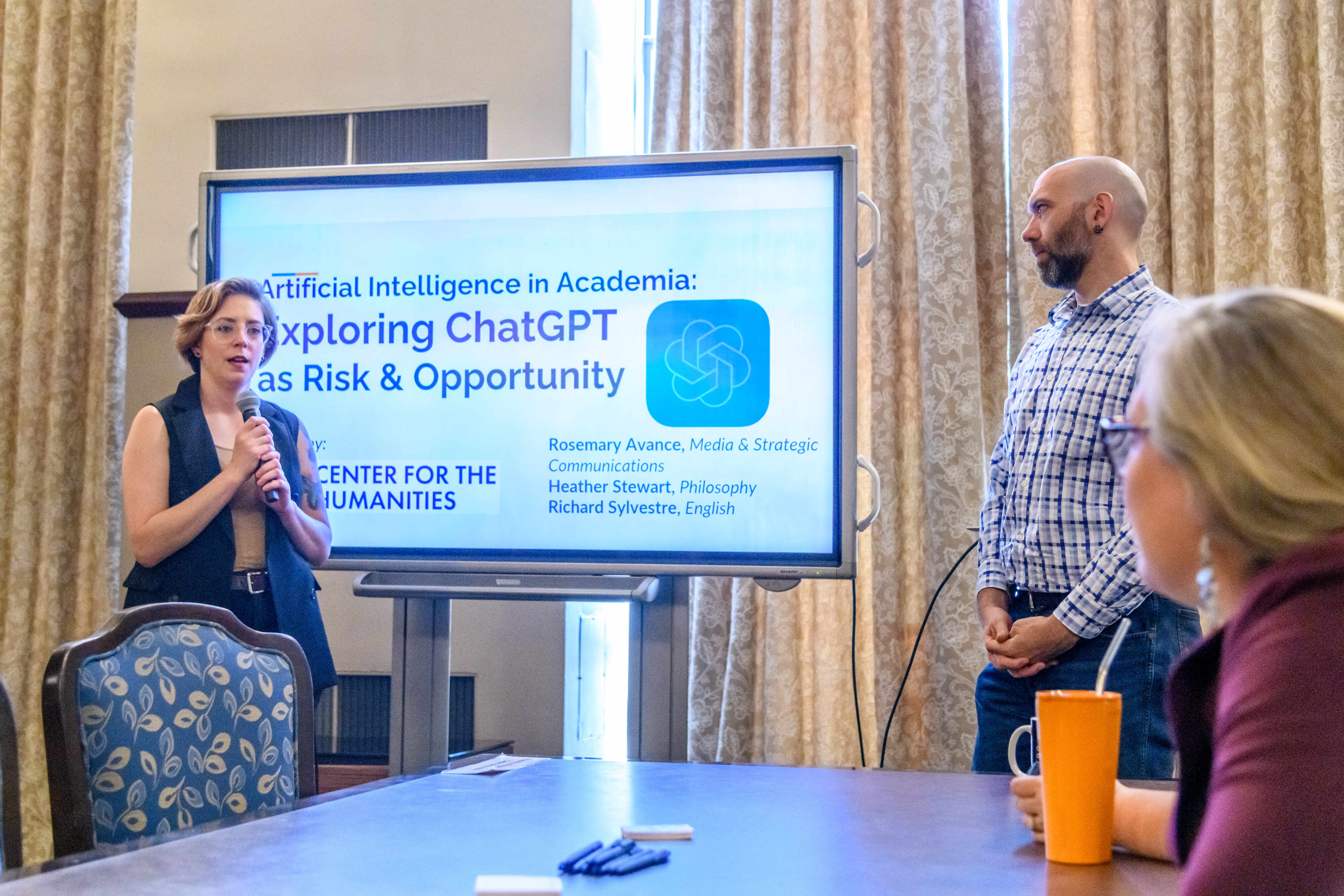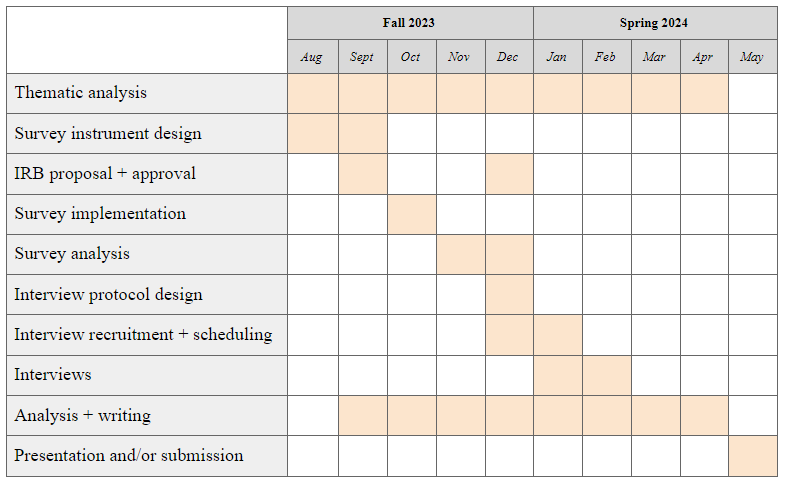Digital Humanities Group Research Fellowship
Digital Humanities Members
- Dr. Heather Stewart, Philosophy
- Richard Sylvestre, English
- Dr. Rosemary Avance, School of Media & Strategic Communications
Who Will Generate Our Future? Critical Perspectives on ChatGPT in Academia
Abstract
Since its launch in November 2022, the large language model artificial intelligence chatbot known as ChatGPT has quickly entered the vernacular, impacting industry, journalism, the arts, and—of course—academia. The research team, comprising a feminist philosopher and ethicist, a queer studies rhetorician, and a critical-cultural strategic communications researcher, is interested in the ways that ChatGPT and other generative AI systems disrupt and complicate the goals and practices of the academy, including how we teach and learn, how we conduct and evaluate research, and how we understand concepts like productivity, academic integrity, and intellectual property. We are also interested in exploring whether an ethical framework to incorporate this new technology into academic life is possible, and, if so, what such a framework might look like. Bringing together media, feminist, and queer theories, this project explores the quickly evolving role of generative artificial intelligence in academia and beyond. This project seeks to bring much-needed critical perspectives to the suddenly ubiquitous usage of generative AI and how its use will shape our experiences of academic and social life, with a focus on the experiences and perspectives of students and faculty at Oklahoma State University.
After spending our fellowship year investigating the philosophical and ethical dimensions of ChatGPT in its earliest iterations, we propose a continued investigation of this topic at Oklahoma State University through original survey and interview research that will gather student and faculty perceptions and uses of these technologies to analyze how Cowboys understand and imagine the future of generative AI in thinking, learning, and industry.
Methodology
Our study will involve a triangulated methodology, including a survey, interviews, and a thematic analysis. We will conduct a survey of students and instructors across CAS departments (English, Media & Strategic Communications, and Philosophy), then, we will conduct in-depth interviews (drawn from volunteers identified through the survey). Finally, parallel to these other methods, we will conduct a thematic analysis of popular and academic think pieces on ChatGPT in academia.
We consider this a study in applied philosophy, using methods taken from social science including ethnography and rhetorical analysis. We will apply theories of rhetorical agency, structuration, feminist and queer theory, and critical analysis to our results, in an attempt to understand the decision-making process that faculty and students undergo in relation to exposure and usage of generative AI like ChatGPT; that is, we will be surveying these groups with questions designed to have participants consider their choices if and when they use programs like ChatGPT and why they choose to do so.
Timeline
The following chart represents a tentative schedule for study execution:


